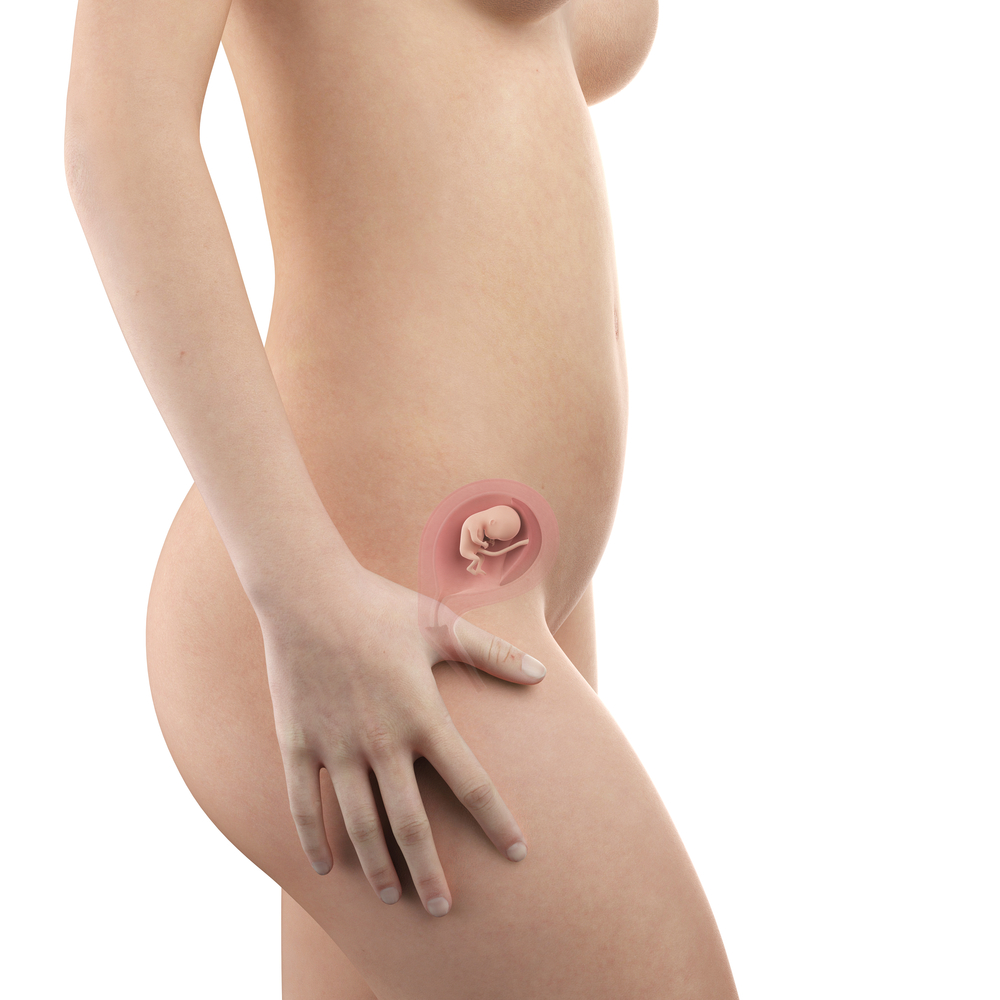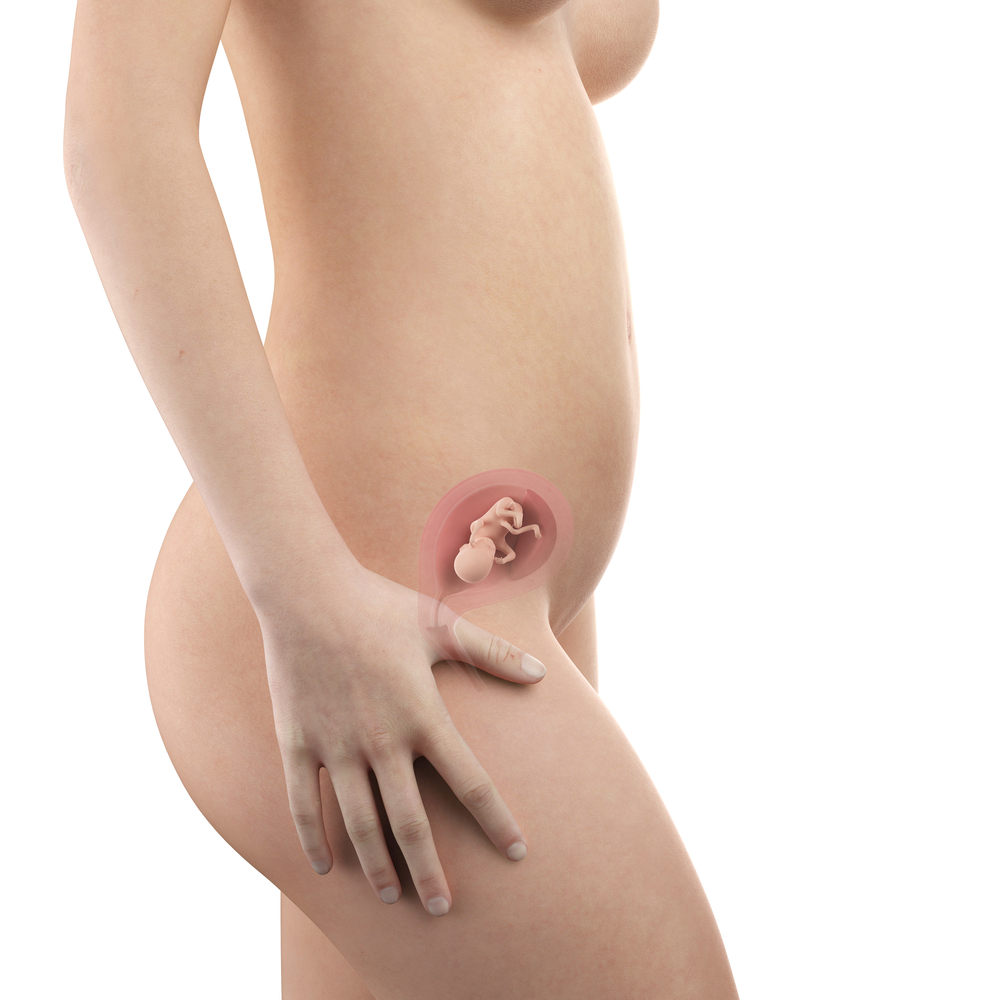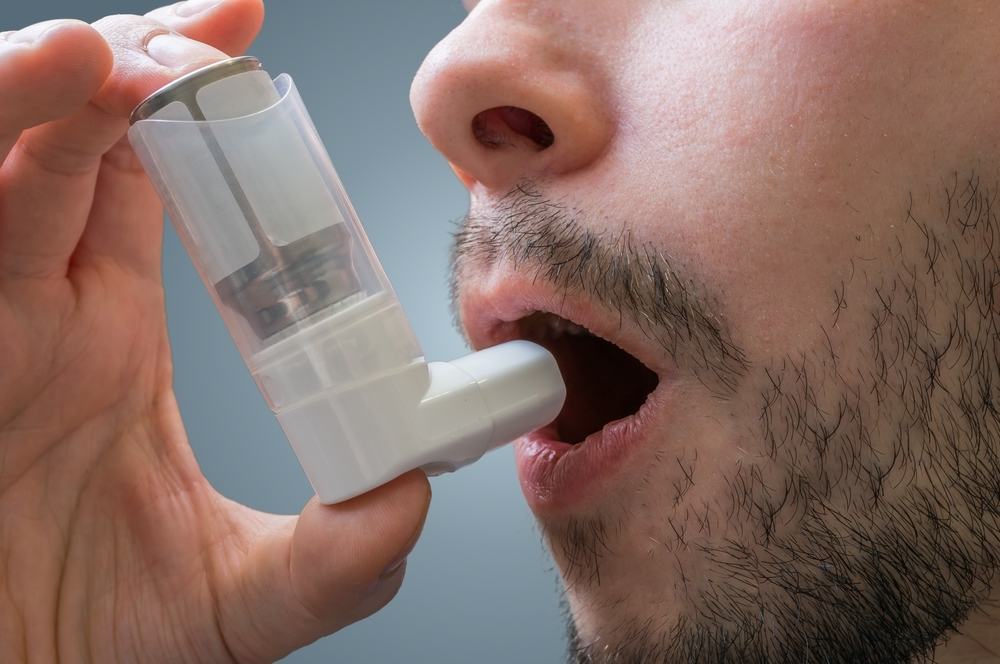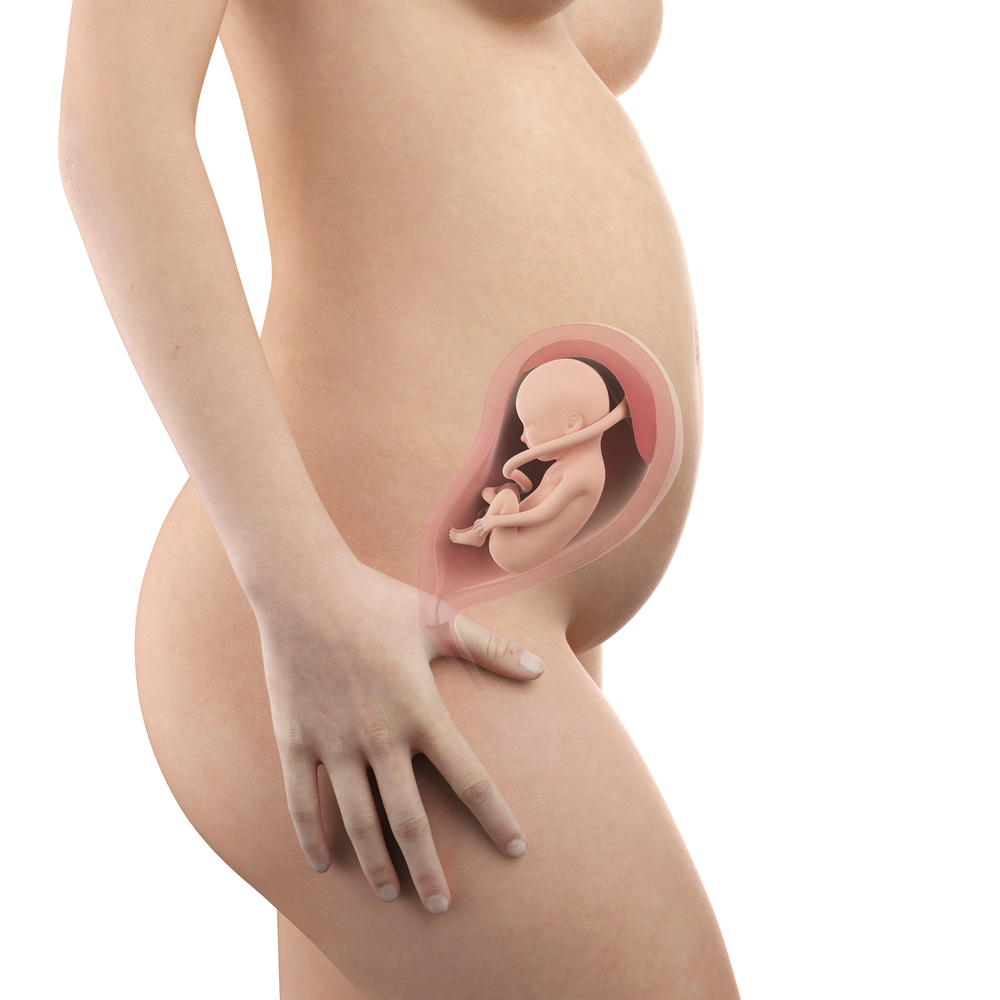Contents:
- Medical Video: Nutritional Health : How to Clean Your Colon by Fasting
- Blood fat levels
- High blood pressure
- Insulin and homocysteine
- Anthropometric parameters
- Fasting is safe for people with heart disease
Medical Video: Nutritional Health : How to Clean Your Colon by Fasting
During the month of Ramadan, there are changes in diet and the quality of food consumed by individuals. This can be caused by a large portion of food consumption in two times, namely sahur and breaking fast. These changes can cause metabolic changes in the body, and can have an effect on one's health.
Heart and blood vessel disease is the number one cause of death in the world. Ramadan fasting can cause drastic changes in lifestyle for 1 month and can affect risk factors for heart and blood vessel disease such as coronary heart disease and stroke.
The most risk factors associated with the incidence of coronary heart disease and stroke are blood fat levels, coagulation and blood clotting factors, high blood pressure, and smoking habits. Blood fat levels are influenced by changes in diet and type of food, processed sugar consumption, and physical activity. Research shows that fasting in Ramadan can affect various risk factors above.
Blood fat levels
Fat is one of the main factors causing heart and blood vessel disease. Fat can infiltrate the damaged blood vessel layer and cause atherosclerosis, which is narrowing and blockage of blood vessels. Research conducted by Mohsen Nematy (2012) concluded that there were changes in fat profile and comparison of good fats and bad fats during fasting in Ramadan, blood cholesterol levels decreased from 193.4 ± 51 mg / dl to 184.3 ± 42 mg / dl after Ramadan, as well as triglyceride levels which decrease from 4.5 ± 1 mg / dl to 3.9 ± 1 mg / dl and bad fats, namely LDL. In addition, it was also found to be an increase in good fat, namely HDL after Ramadan fasting.
High blood pressure
In people with high blood pressure, the heart must work harder in pumping blood compared to normal people. This can cause heart fatigue, and can enlarge and thicken the heart muscle, to heart failure. High blood pressure can also cause brain blood vessels to rupture resulting in hemorrhagic strokes. During Ramadan, there is a decrease in blood pressure in people who are fasting, namely a decrease in systolic blood pressure from 132.9 ± 16 mmHg to 129.9 ± 17 mmHg, whereas in diastolic blood pressure, there is no significant decrease.
Insulin and homocysteine
Research conducted by Shariatpanah shows that changes in diet to twice a day during Ramadan can improve conditions for insulin resistance in diabetics. Homocysteine is one of the amino acids found in the body, and an increase in blood homocysteine is one of the risk factors for a person suffering from heart and blood vessel disease. Although not significant, there is a decrease in blood homocysteine levels when a person fasts.
Anthropometric parameters
Obesity is one of the risk factors for many metabolic diseases. Decrease in body weight and body mass index can be found and can not be found in people who fast, this can be caused by calorie intake that does not decrease significantly during fasting.
Fasting is safe for people with heart disease
Ramadan fasting is safe for people with heart disease, provided the disease is controlled and is not in an acute condition. Eating just enough and not doing "revenge" when breaking fast will help alleviate risk factors for heart and blood vessel disease. The number of hospital visits caused by heart disease tends to remain constant and not increase during the fasting month, but various studies show that Ramadan fasting can reduce the risk of heart attack for the next 10 years. It can be concluded that fasting has a positive effect on heart health.












